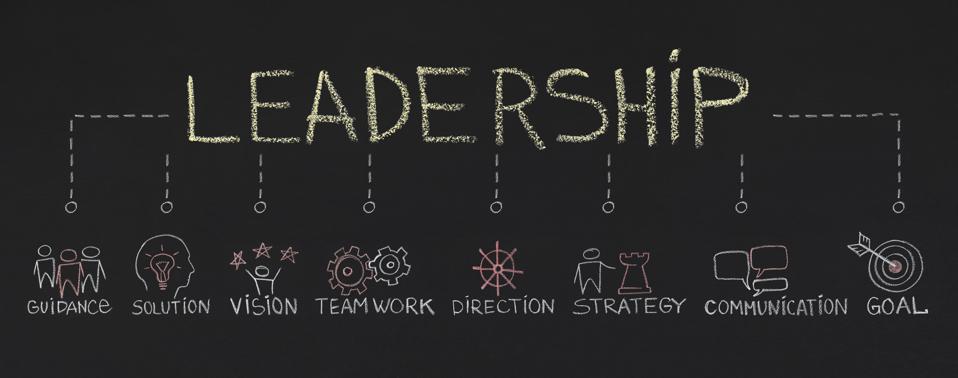

Another difference in between leaders and managers is that leaders emphasize innovation above all else. Whereas a supervisor looks for to inspire their team to satisfy objectives while following company rules, a leader might be more worried with setting and accomplishing lofty goalseven at the cost of existing corporate structures. When A Good Read has an extreme new concept for how to take on a concern, a leader is likely to encourage that individual to pursue the idea.

They may have managers above them, so they have less flexibility to break rules in the pursuit of lofty goals. Leaders, on the other hand, frequently operate relatively individually. That enables them to tolerate a higher amount of turmoil, so long as they think it will deserve it in the end.
Chaos and high-pressure workplace can develop social issues. When such problems develop, a manager is more likely to see it as their task to smooth over issues in between workers. Leaders can often be so singularly concentrated on accomplishing lofty goals that they let interpersonal issues and staff member well-being fall to the wayside.
Organizations describe upper-level workers in their management structures as leadership. To be a reliable leader in organization, you must have traits that extend beyond management tasks. Management skills can be found out and leaders might evolve. A person might be referred to interchangeably as both a "leader" and a "supervisor," though the 2 terms are not always synonymous.
Quality of one individual or group influencing or assisting others based upon authority The leader of APEC setting the tone for the 2013 CEO top with his opening speech. Leadership is both a research study location, and an useful skill incorporating the ability of a specific, group or company to "lead", influence or guide other individuals, groups, or whole companies.
U.S. scholastic environments specify leadership as "a procedure of social influence in which an individual can enlist the help and support of others in the accomplishment of a typical and ethical task". Others have challenged the more conventional supervisory view of leadership which believes that it is something possessed or owned by one individual due to their role or authority, and rather promote the intricate nature of leadership which is found at all levels of the institution, both within formal roles.